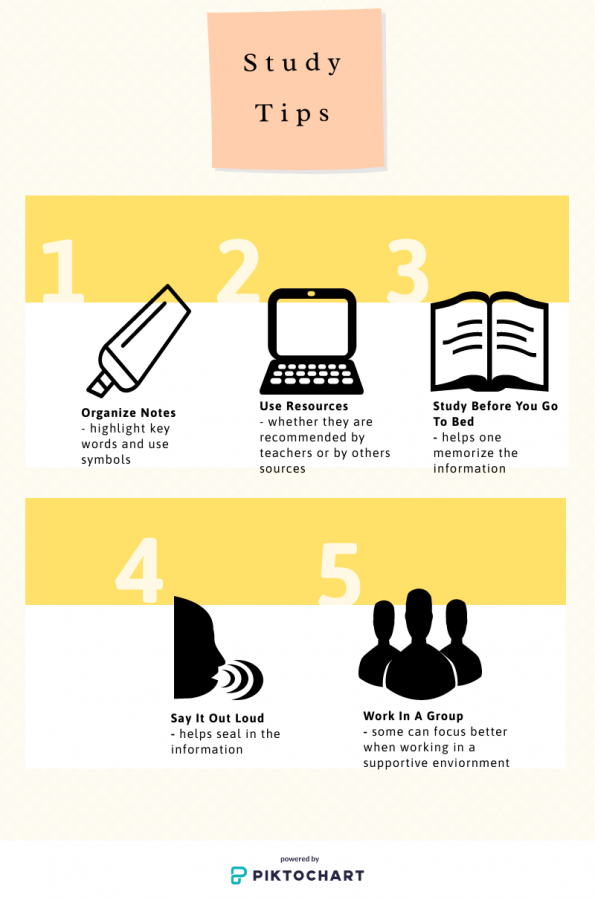Rise by Six: Your Daily Dose of Inspiration
Explore insights and stories that elevate your day.
Study Smarter, Not Harder: Secrets to Acing Your Exams
Unlock the secrets to exam success! Learn smart study strategies to boost your grades and ace your tests without the burnout.
Top 10 Study Techniques to Maximize Retention
Studying effectively requires a combination of techniques that enhance memory retention. One of the most effective methods is active recall, where students actively engage with the material by testing themselves frequently. This can involve using flashcards or taking practice quizzes. Another key technique is spaced repetition, which involves revisiting the material over increasing intervals of time. This method helps to reinforce learning and ensures that information doesn’t fade from memory quickly.
Additionally, utilizing mnemonic devices can significantly boost retention. These are memory aids that help in recalling information through associations. For example, acronyms or rhymes can make complex information more manageable. Another useful technique is chunking, where you break down large pieces of information into smaller, manageable units. Incorporating these strategies into your study routine can greatly improve your ability to remember and apply what you’ve learned. Here’s a quick recap of these techniques:
- Active Recall
- Spaced Repetition
- Mnemotechnics
- Chunking

The Science of Effective Note-Taking: Tips for Success
Effective note-taking is more than just scribbling down information; it's a science that can significantly enhance your learning and retention. By employing strategies such as the Cornell Method, mind mapping, or digital notes, individuals can structure their notes in a way that makes them easier to review and remember. One essential tip is to use visual aids like diagrams and charts to complement your written notes, as our brains are often better at recalling images than text. Additionally, staying organized with a consistent format can make a difference in your overall productivity.
Furthermore, the act of note-taking itself can reinforce learning. When you actively engage with the material while taking notes — whether by summarizing, questioning, or paraphrasing — you are more likely to internalize the concepts. Consider implementing an active review strategy where you regularly revisit your notes and quiz yourself on the content. To maximize the effectiveness of your note-taking, aim for clarity and brevity, ensuring that your notes are focused and to the point. Remember, the goal is not to transcribe verbatim but to create a resource that aids your understanding and future references.
Common Mistakes to Avoid When Preparing for Exams
Preparing for exams can be a daunting task, and many students fall into certain common traps that can hinder their performance. One of the common mistakes to avoid when preparing for exams is cramming at the last minute. Students often underestimate the amount of material they need to cover or delay studying until just a few days before the exam. This habit not only increases stress but also impairs long-term retention of information. Instead, develop a study schedule that allows for consistent, spaced-out revision well in advance of your exams.
Another mistake students frequently make is neglecting to address their personal learning styles. Every student absorbs information differently, so it is important to tailor your study techniques accordingly. For instance, if you find you learn best through visual aids, consider using diagrams, charts, or other graphic organizers to encapsulate complex topics. Additionally, forming study groups can be beneficial, but it’s crucial to ensure these groups remain focused and productive rather than turning into social gatherings.